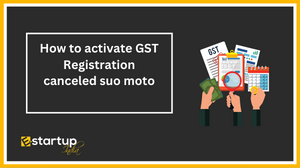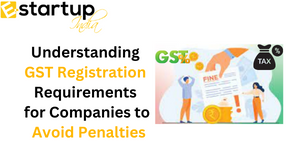Indian Finance ministers from the state have asked that the goods and service tax (GST) be raised by 10%, to an highest rate, which is 28% which is expected to harm the country's growing online gaming business. This article will provide you with information on the most recent developments regarding GST regarding Online Gaming. Recent Survey on GST regarding Online Gaming According to an online survey conducted by Local Circles more than 80 percent of people would like the GST rate on online gaming casinos, horses to rise to at minimum 28 percent. Gaming establishments like racetracks, casinos, and casinos on the internet, are now paying GST of 18. In addition, 7 percent of those polled favored the tax rate of 40%, whereas 27% favored an increase of 50 percent. Only 1 percent of those polled believed that gambling on the internet casinos, gaming at casinos, or horse races should not be exempt from GST While 6 percent of respondents were undecided on the issue. The total number of respondents was 12,097. responded to this question in the survey. Govt. on increasing GST Rates for Gaming on the Internet Gaming A ministerial-wide GST Council, chaired by Meghalaya chief minister Conrad Sangma, has voted to recommend an increase in the GST rate for racetrack, casino and online gaming to 28 percent. The GST council must however be able to give its final approval prior to when this is put into effect. Based on the face value or "bet amount" the ministers' panel has decided that tax will be imposed and not the total transaction value. The gambling companies get a share of the transaction's total value, which is comprised of winnings or commissions net (revenues). Many suggestions of this kind have been sent several suggestions like this to GST council for review and approval. What is the reason why this GST regarding Online Gaming Important? Gaming law is more focused on how legal online gaming is since increasing numbers of fantasy gaming mobile applications and websites have become prominent players in the sports and online gaming entertainment industry. A crucial aspect to determine whether fantasy online games are legal is whether they're primarily "games that require skill" as opposed to "gambles." Due to the absence of a standard gaming regulation and the lack of a common gaming regulation, courts have tried various ways to regulate online gambling. As of now, notifications have been issued to various players in the industry by GST authorities in order to recover additional GST due to the dispute over the value. Therefore, making sure that an appropriate GST Regulations and Regulations for GST registration will ensure consistency in the application of the law across all states.

 Log in with Facebook
Log in with Facebook 








